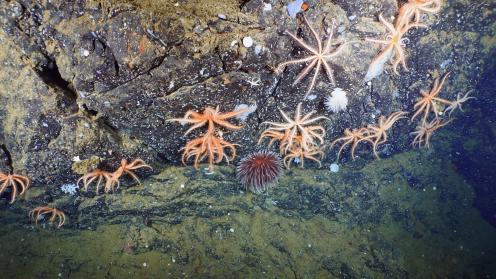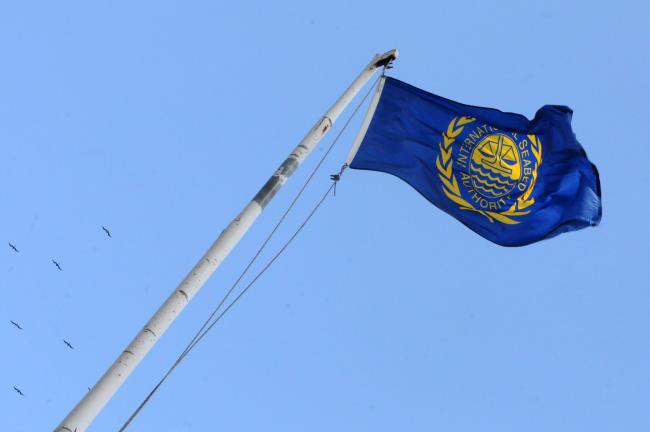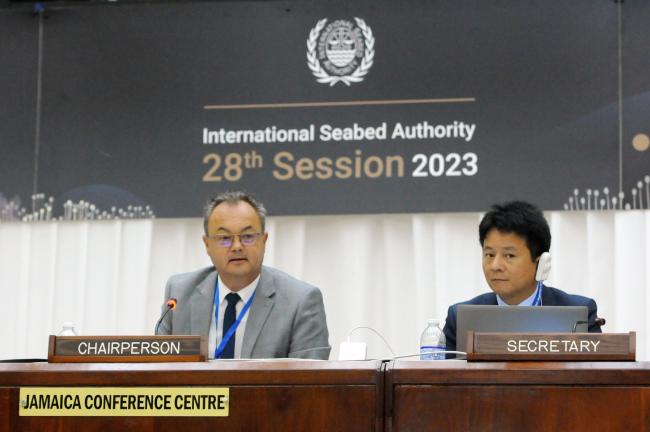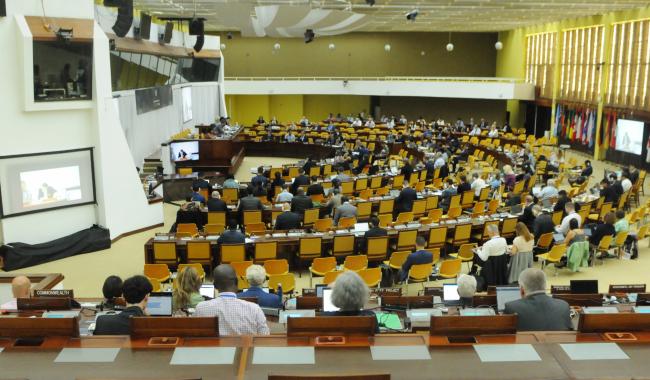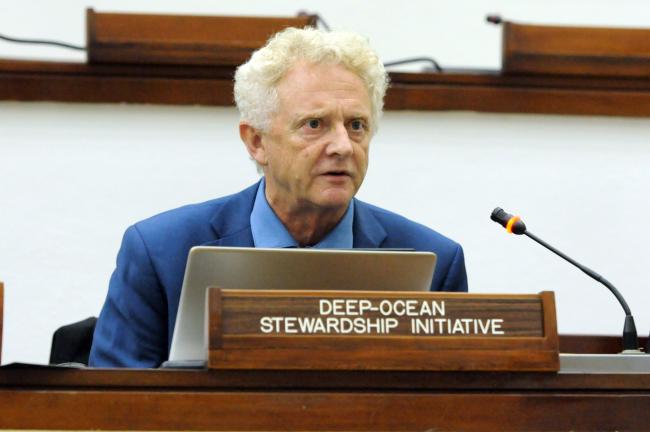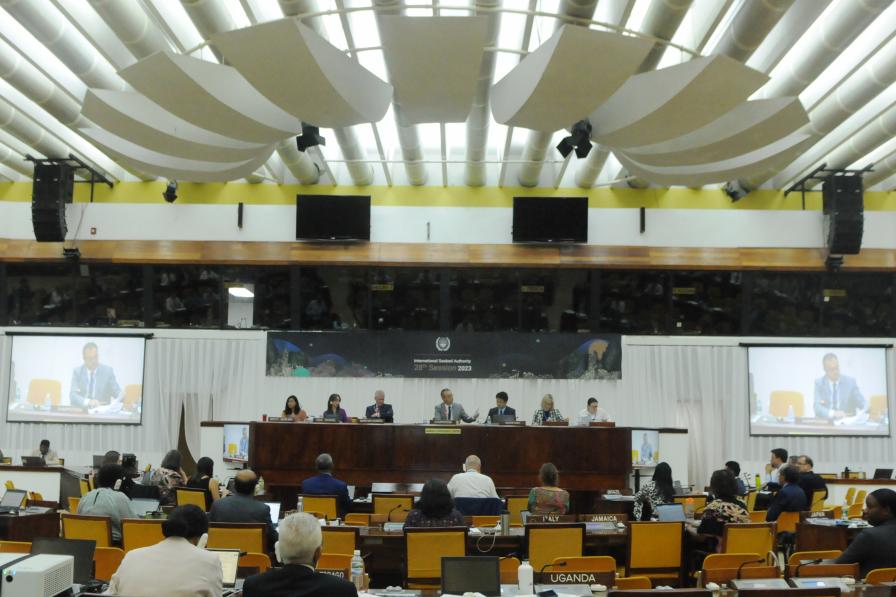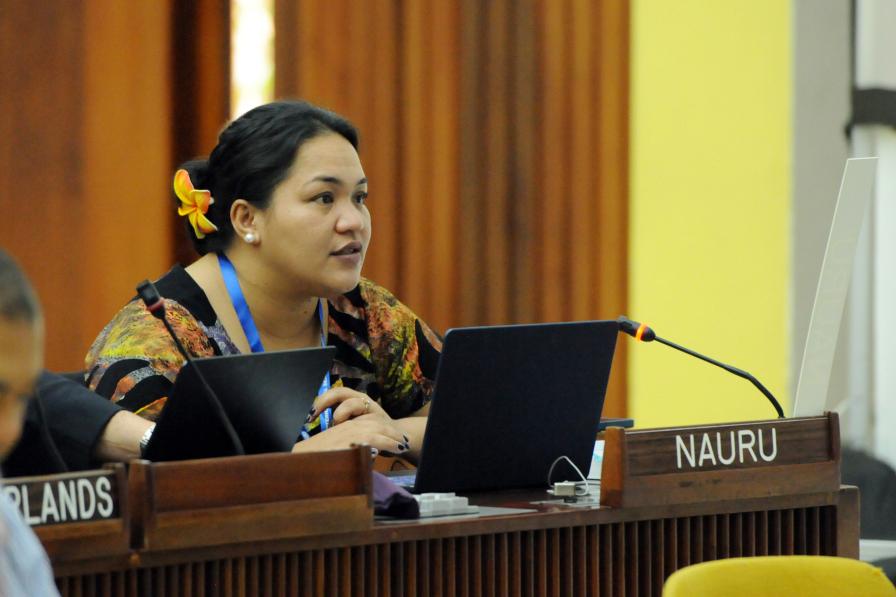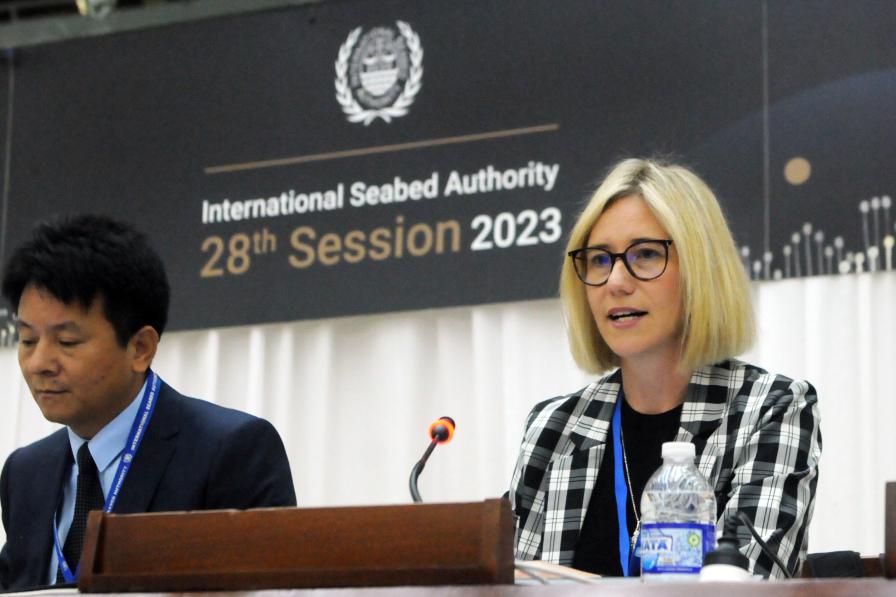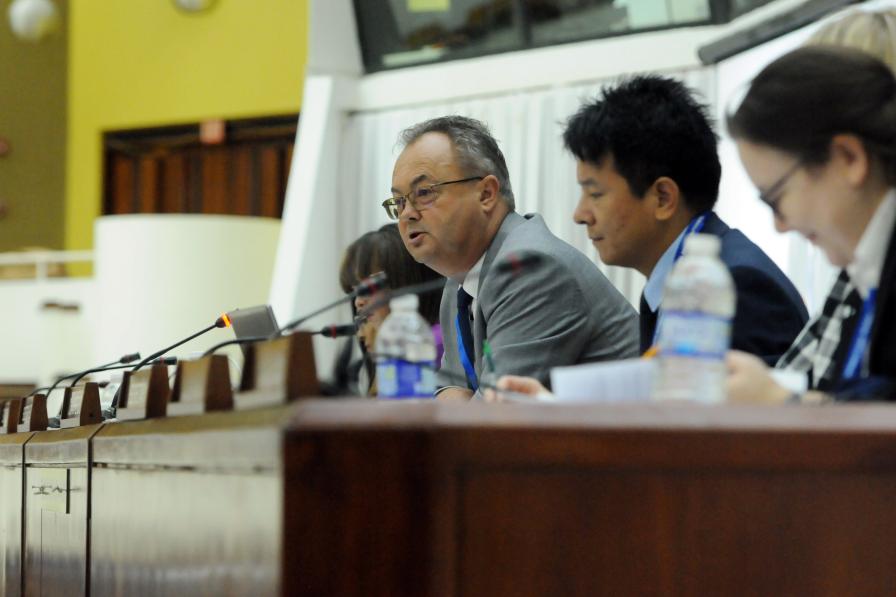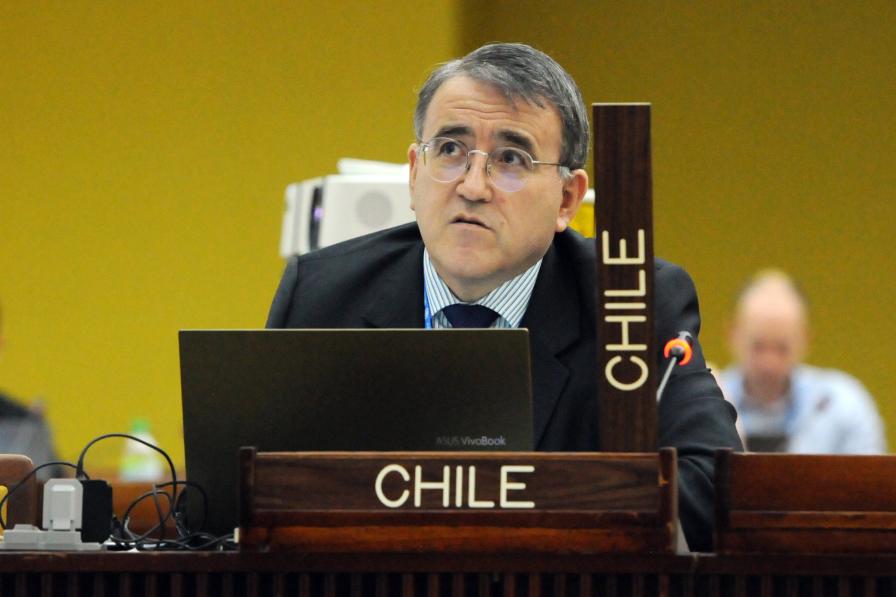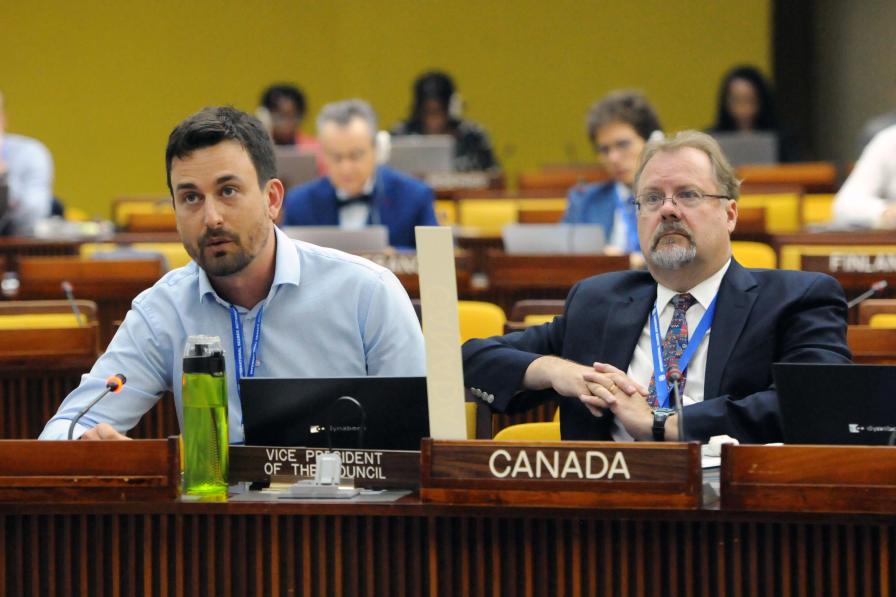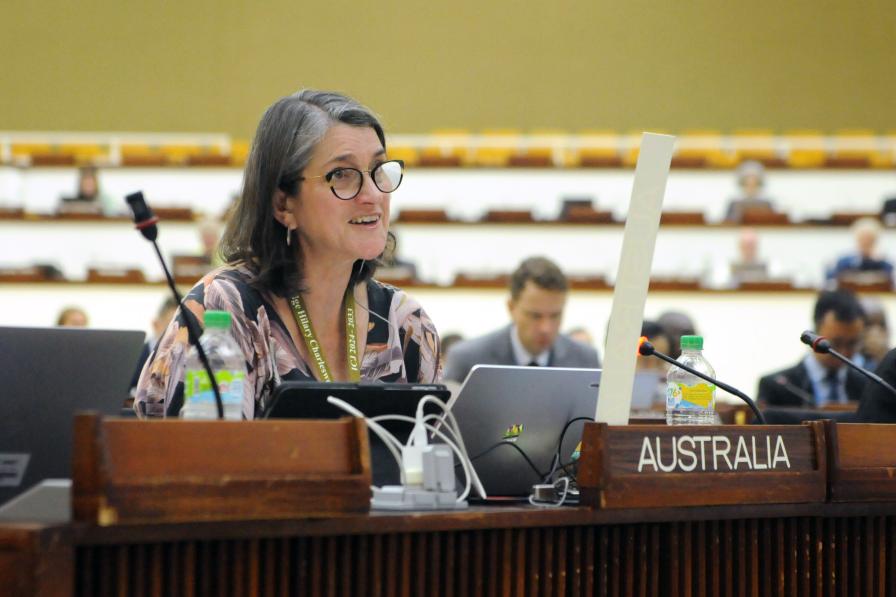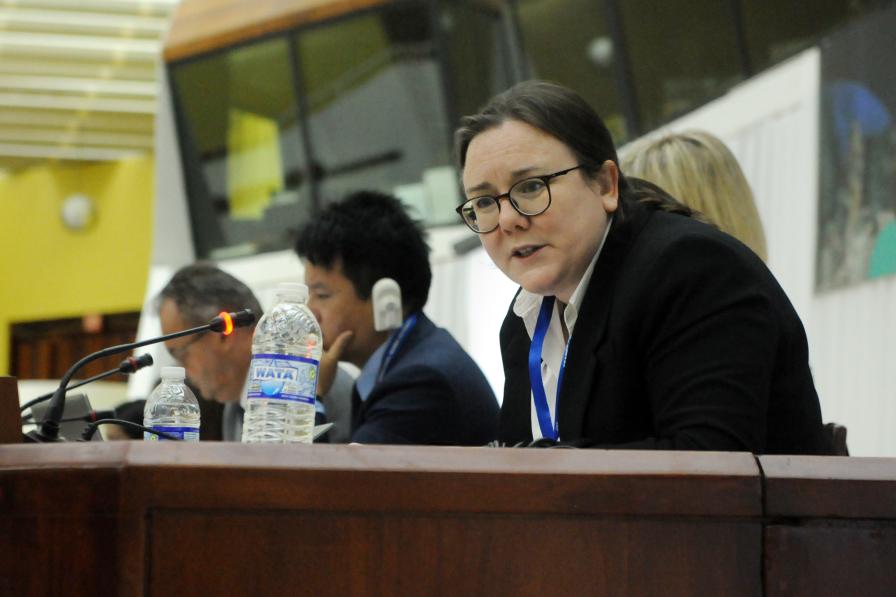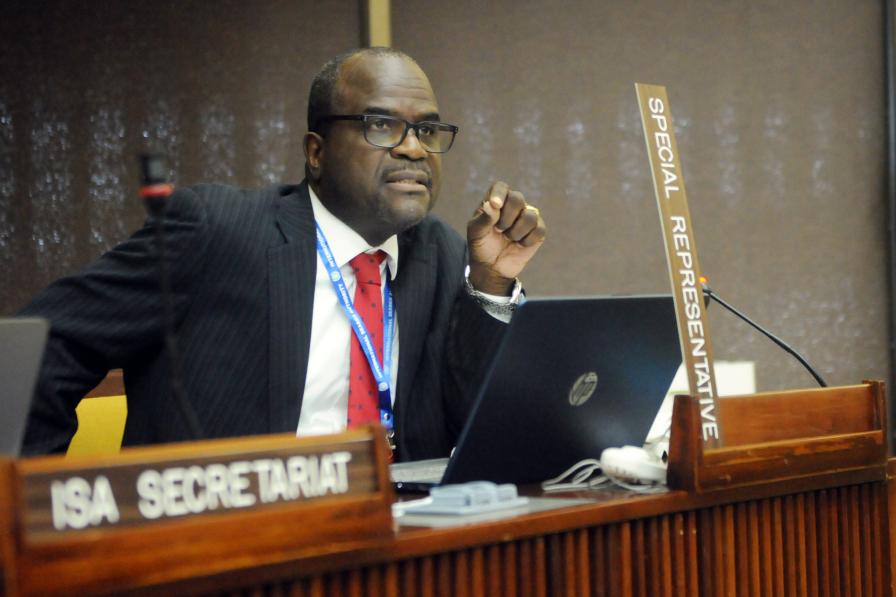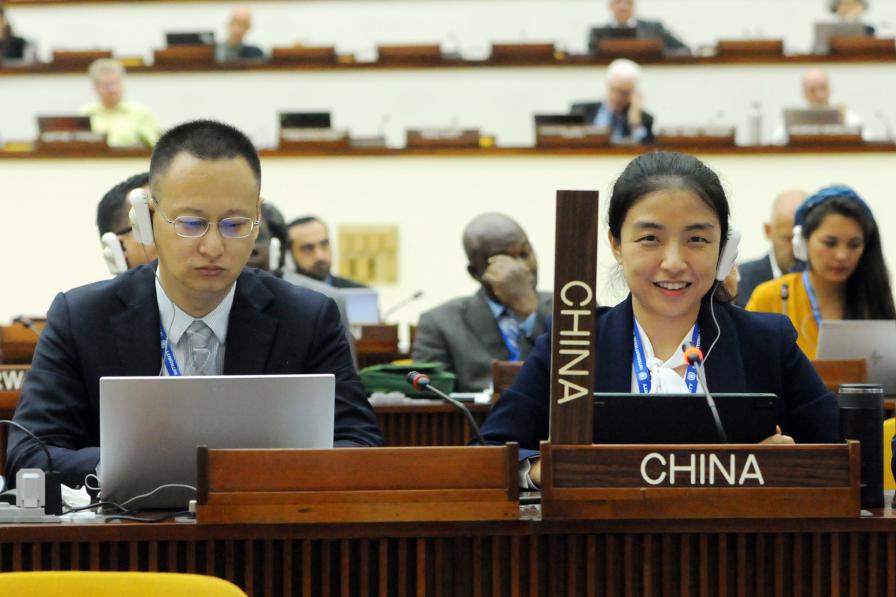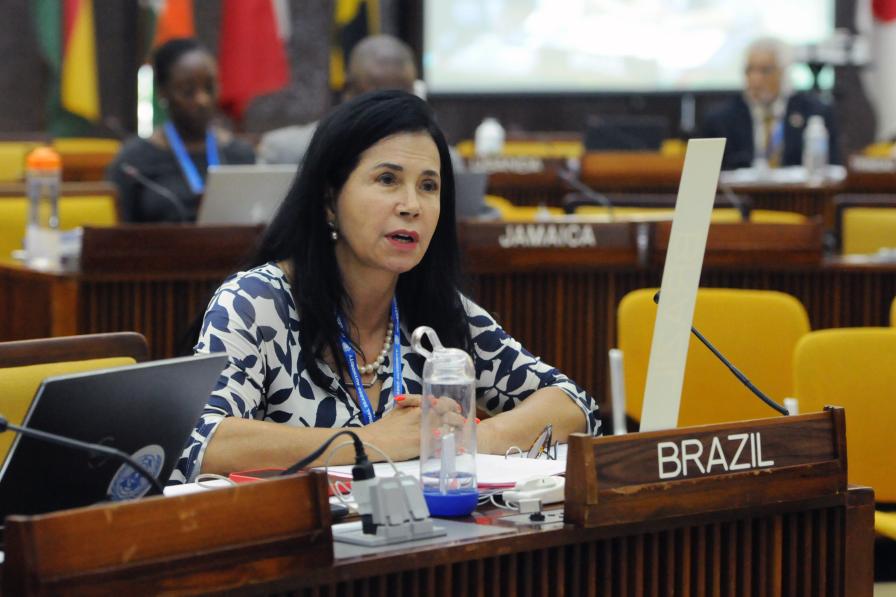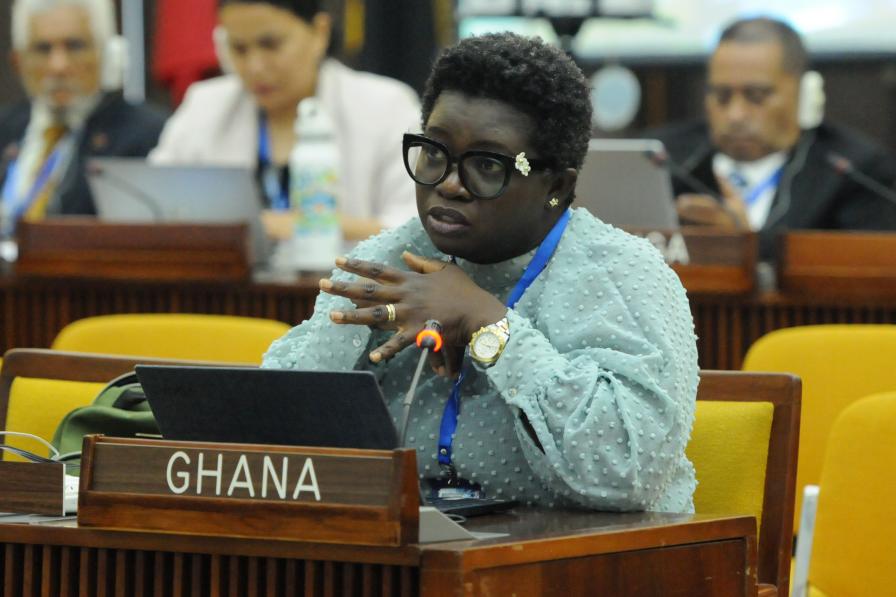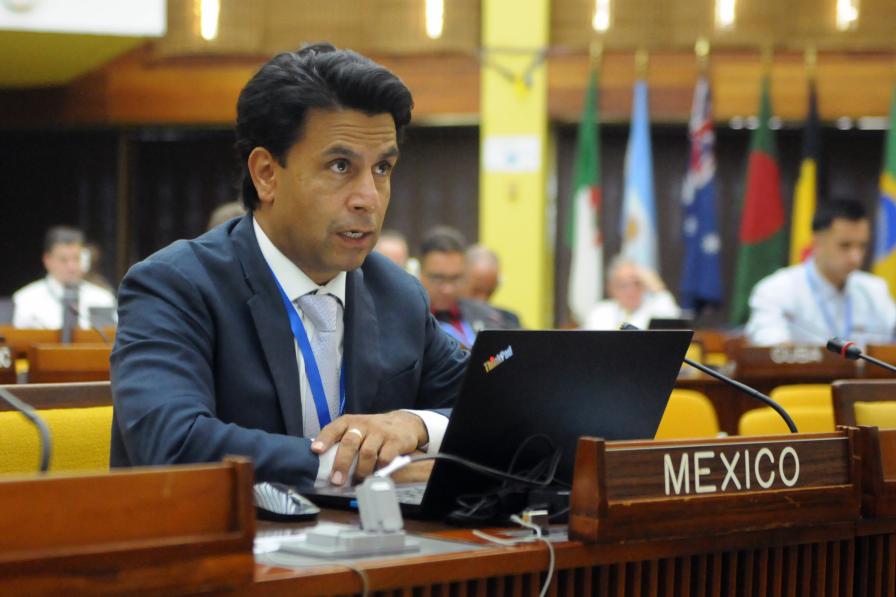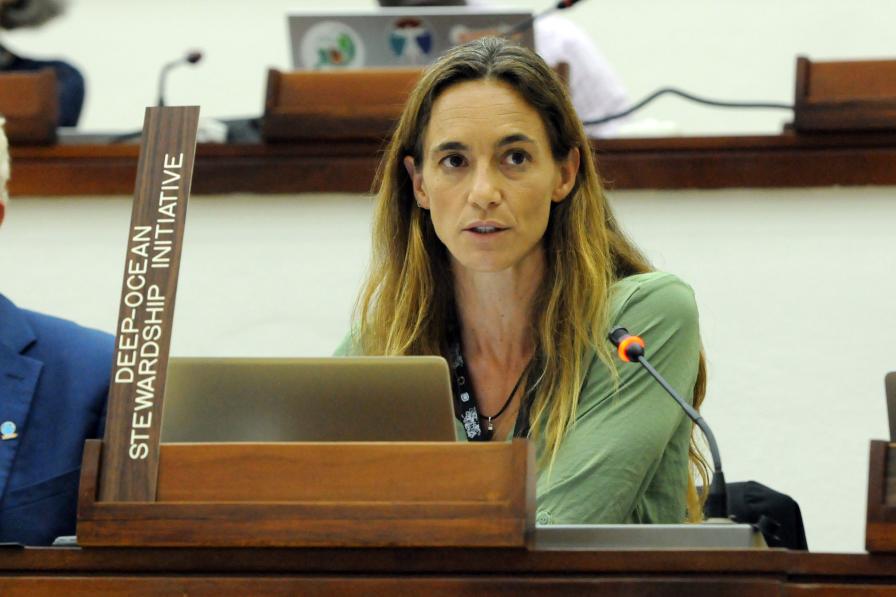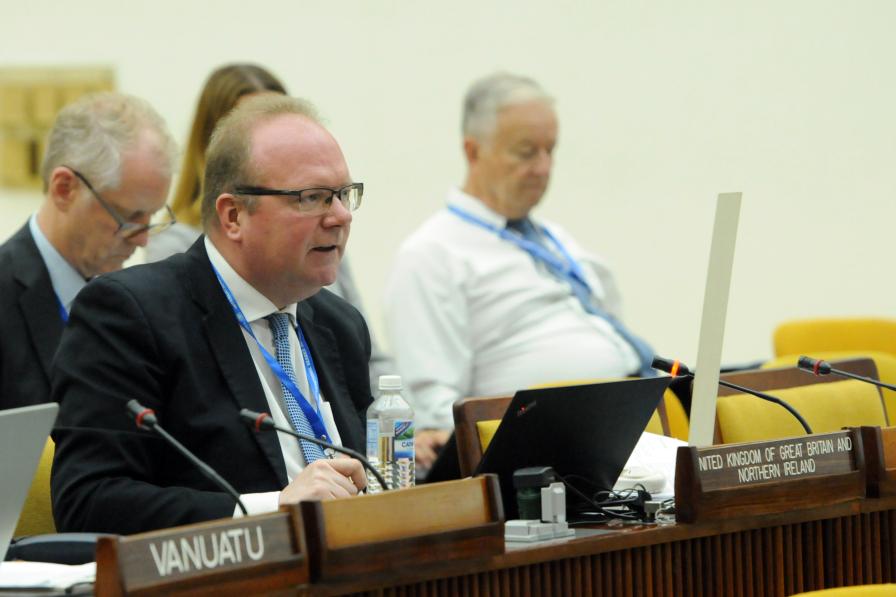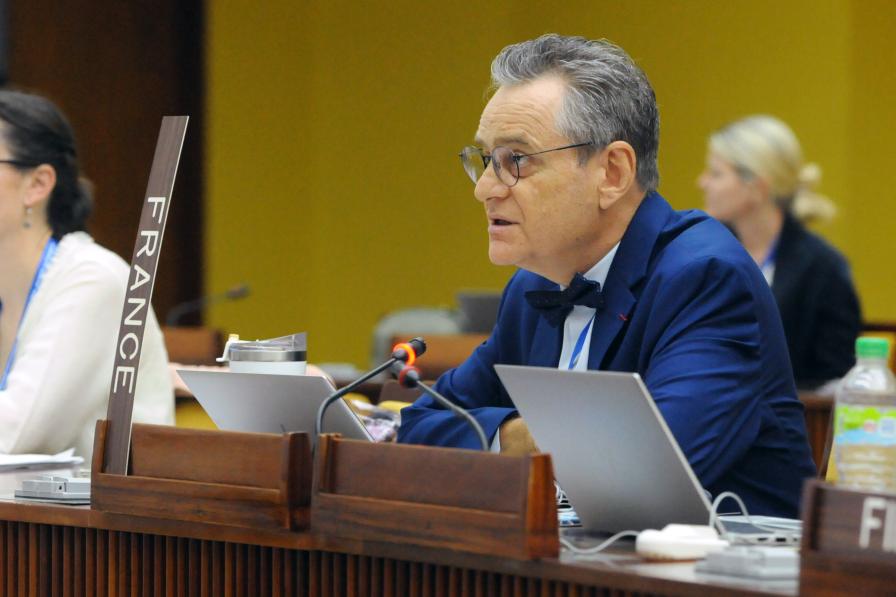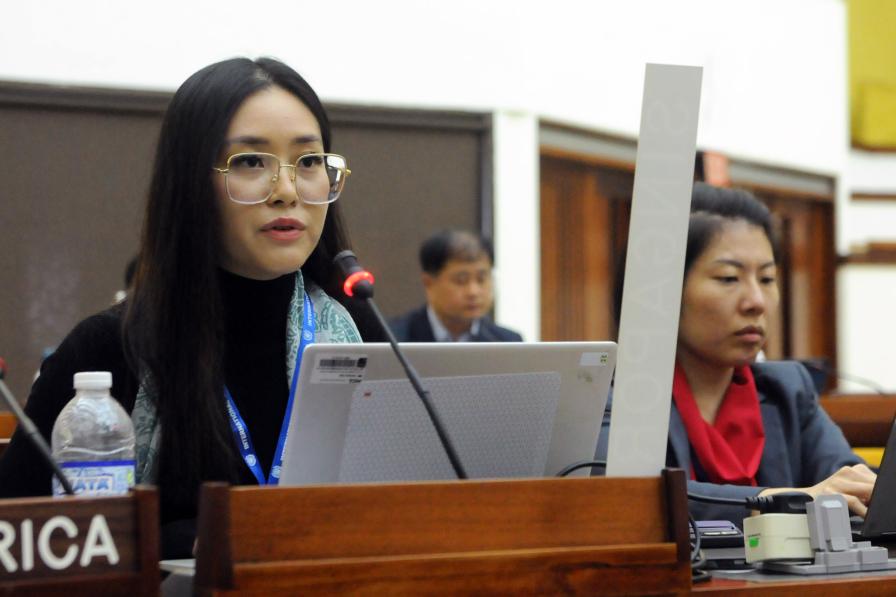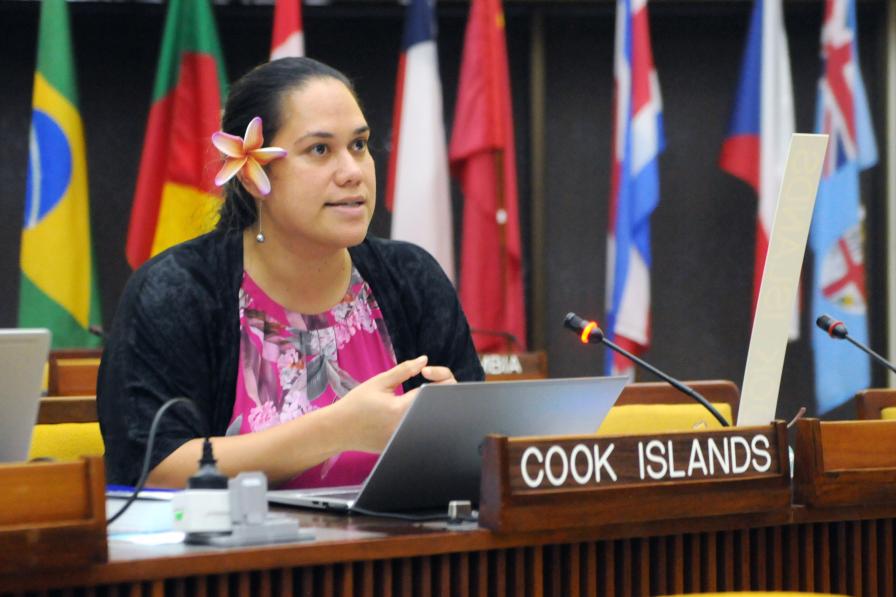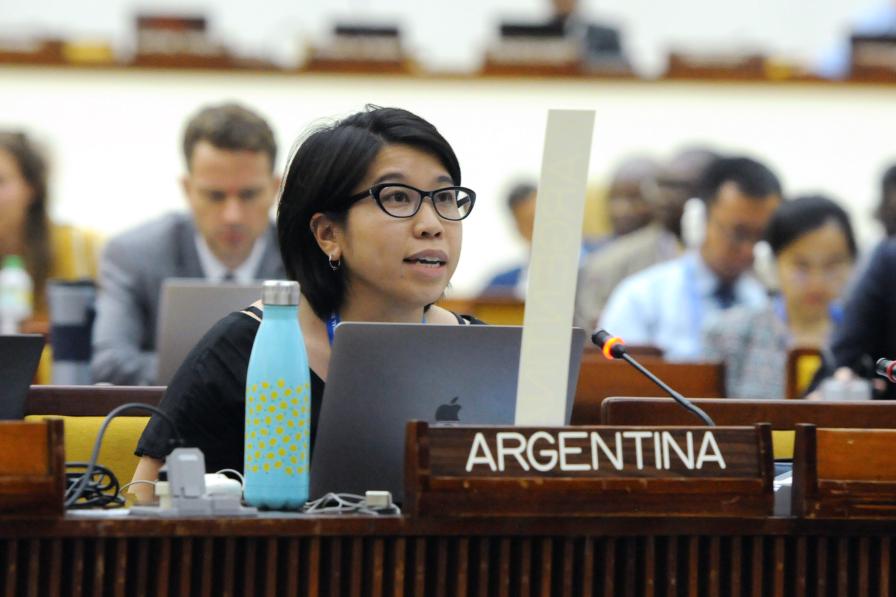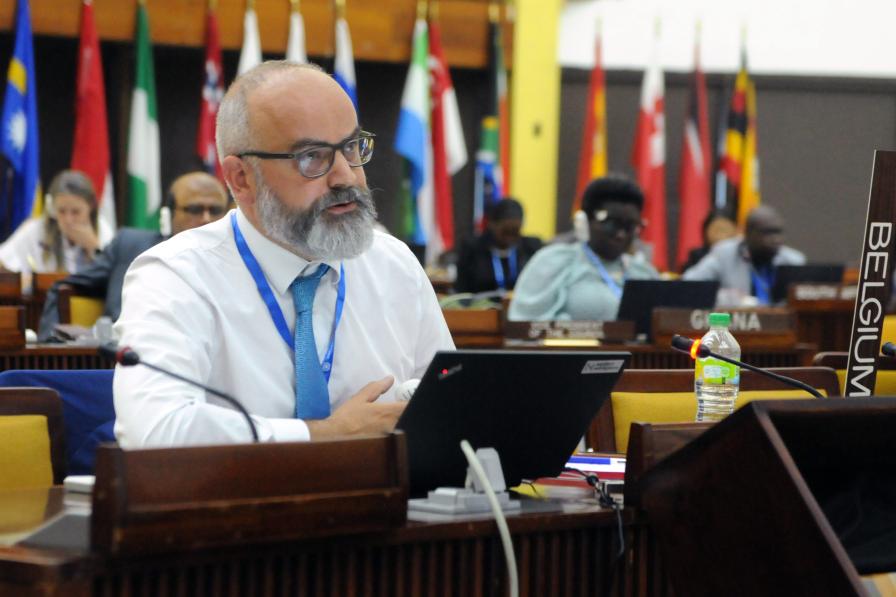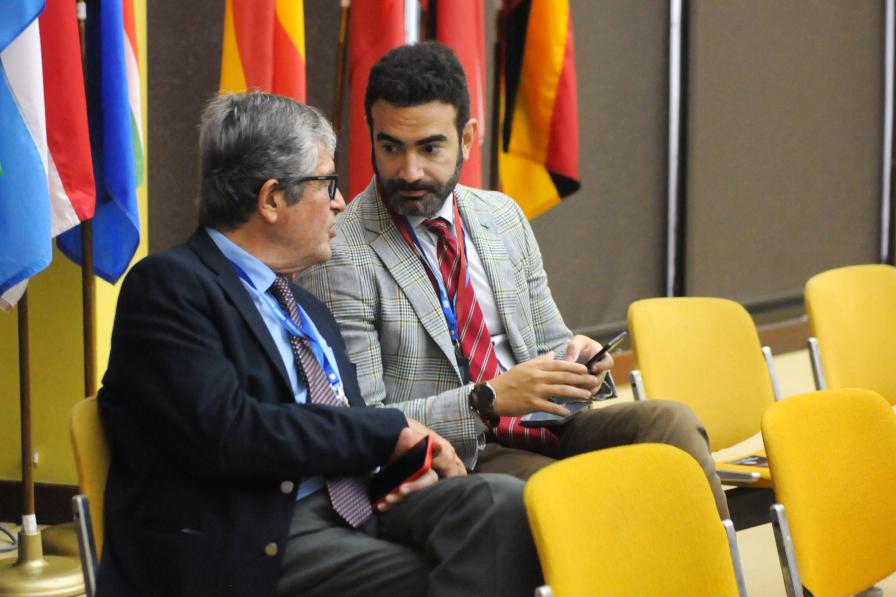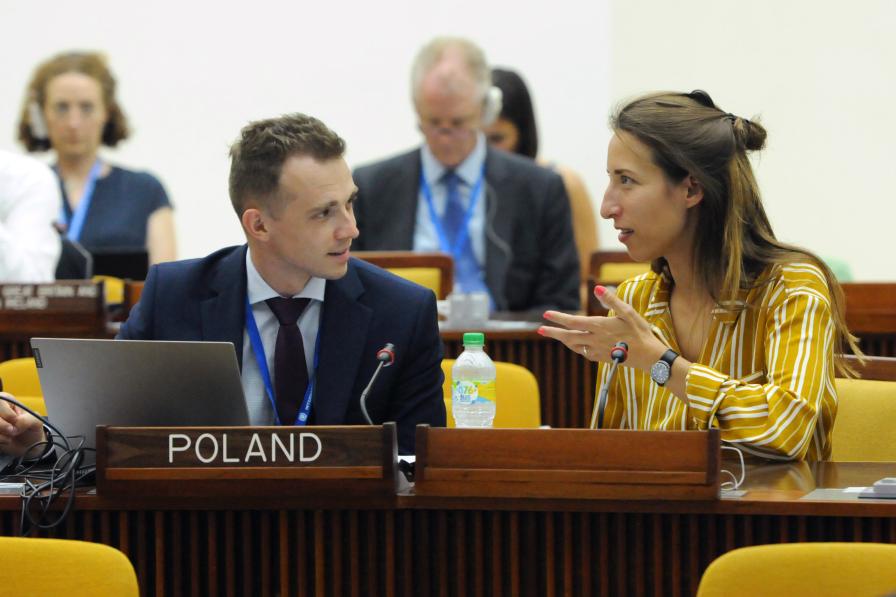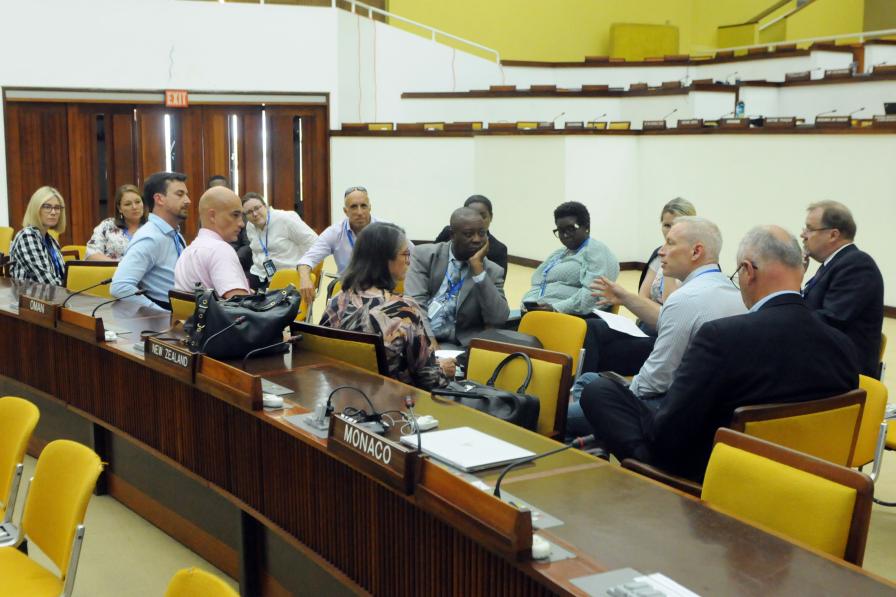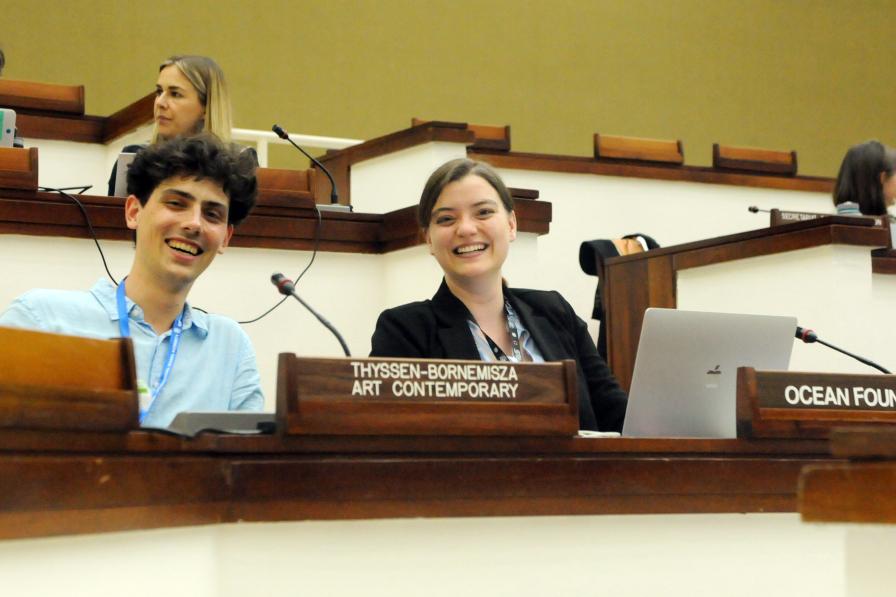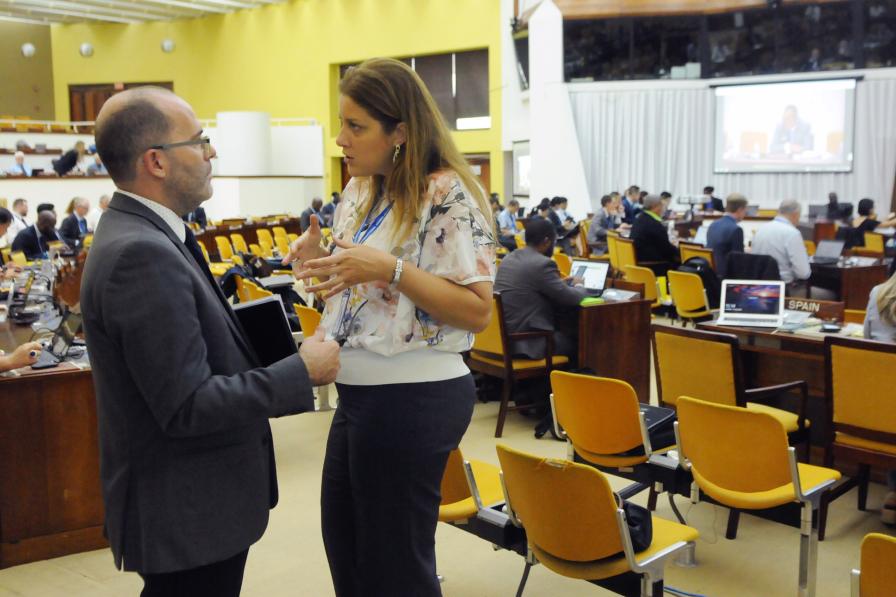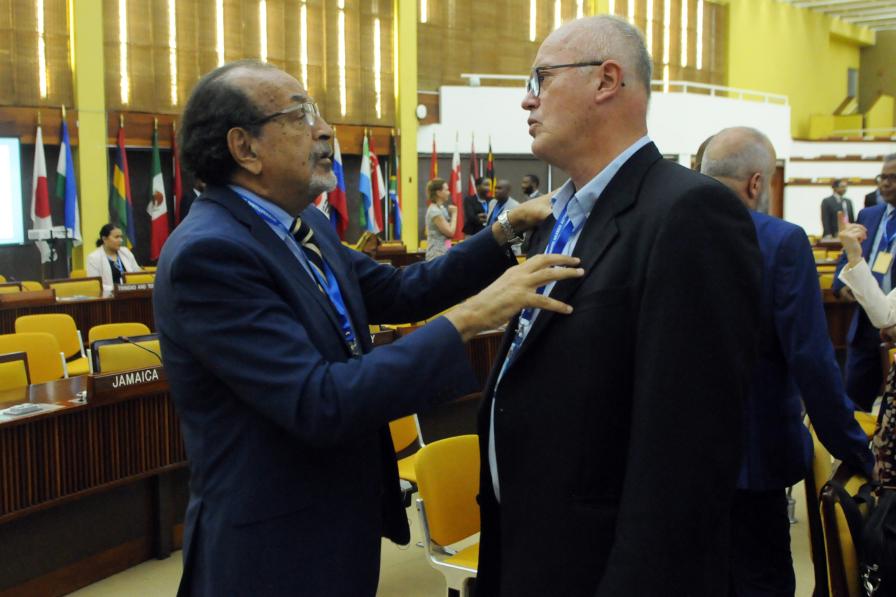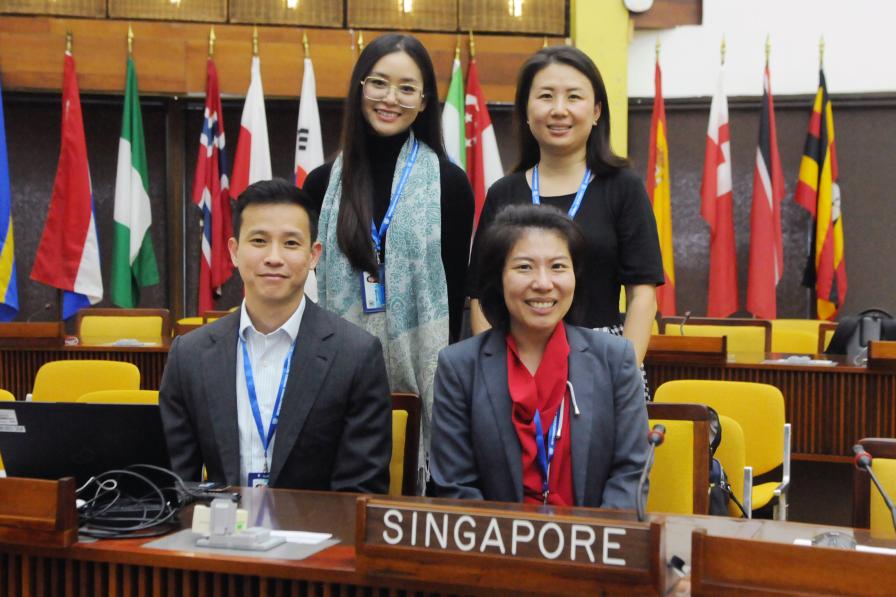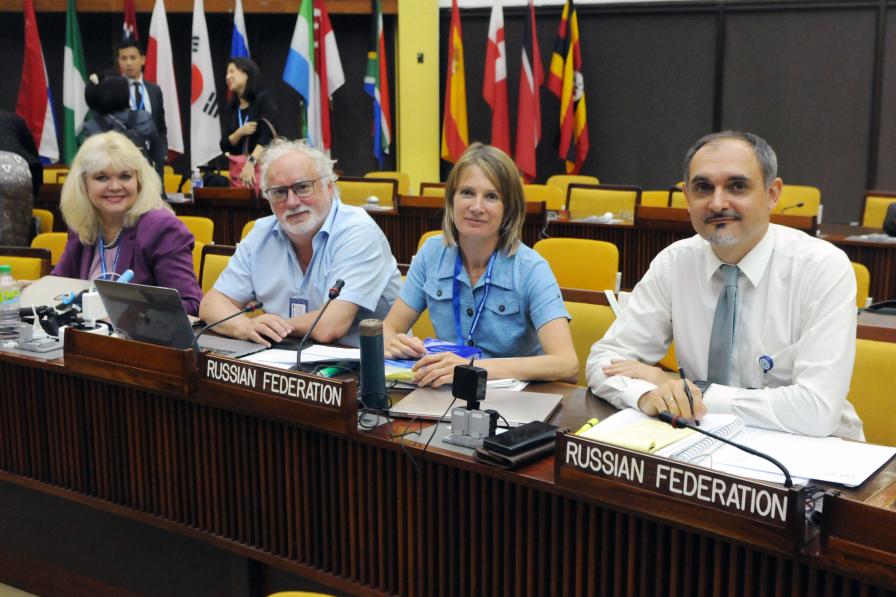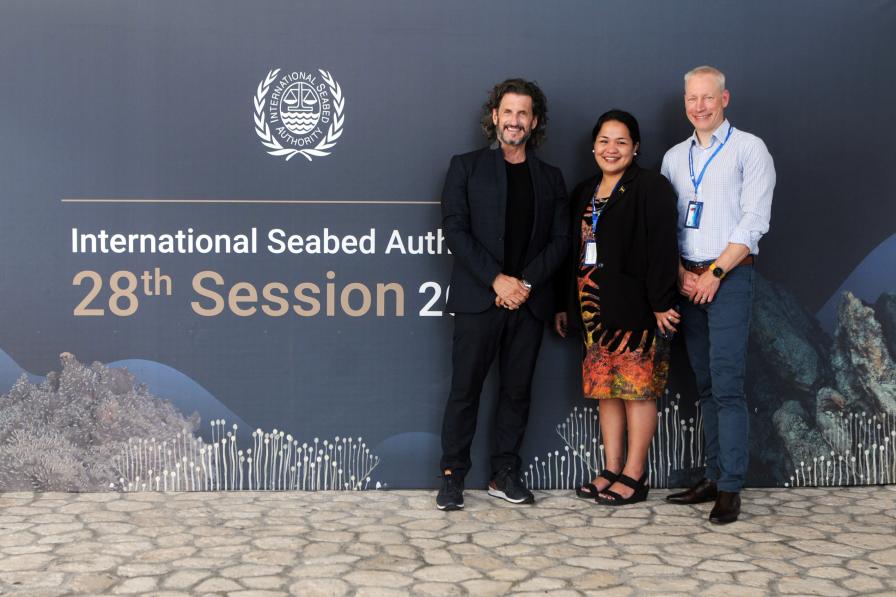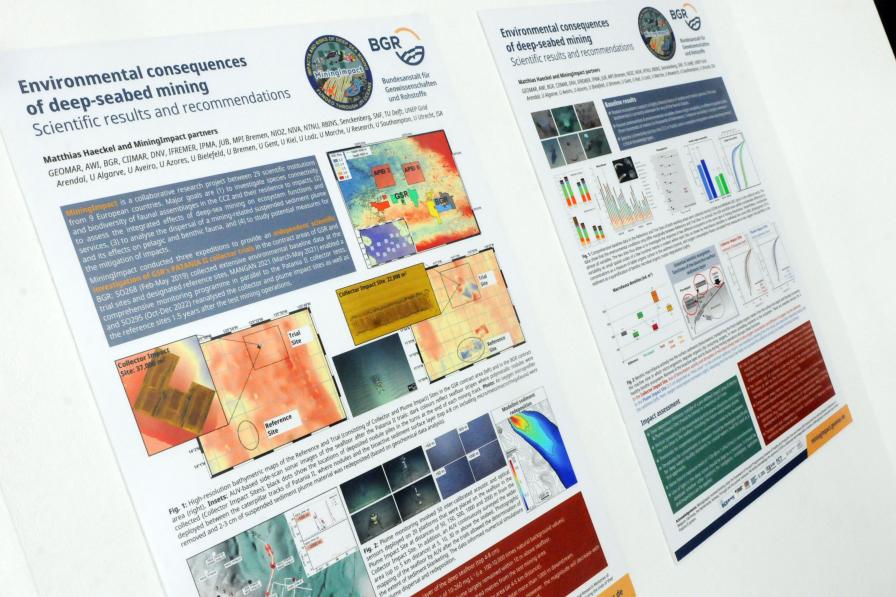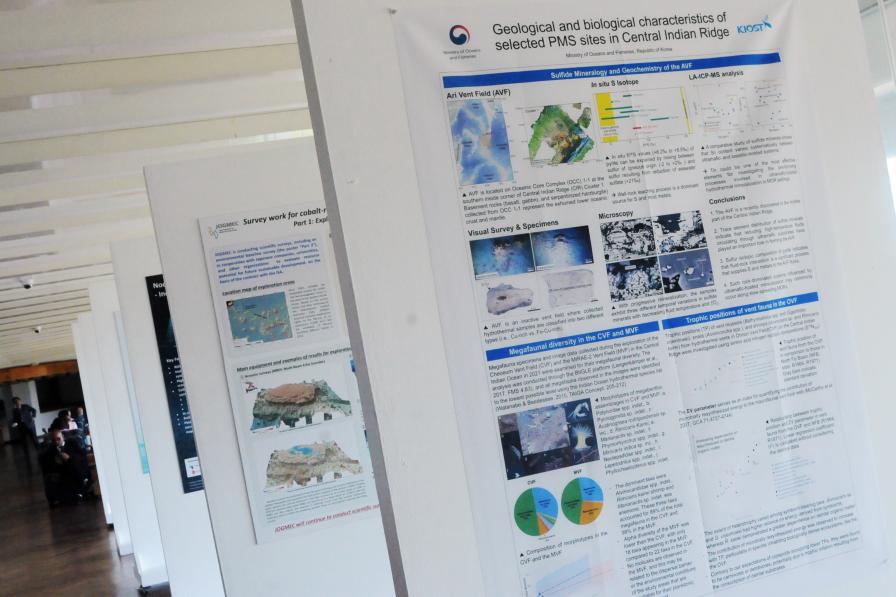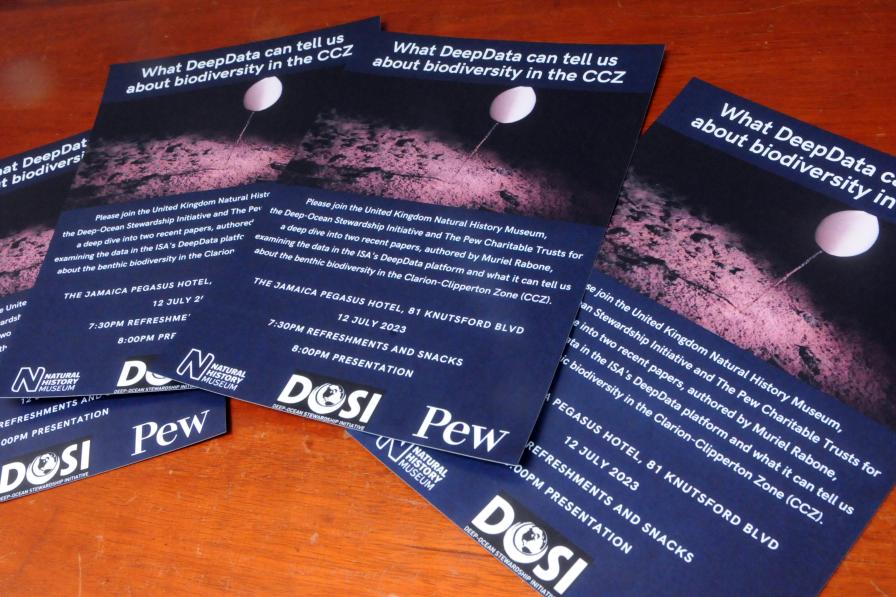“The purpose of studying economics is not to acquire a set of ready-made answers to economic questions, but to learn how to avoid being deceived by economists.” Joan Robinson
Following a long day of negotiations on the draft exploitation regulations addressing financial issues, a delegate admitted that some of the decisions to be taken require a deep understanding of economics. Using British economist Joan Robinson’s quote, he noted that some of the issues are complex and technical, quickly adding that “the importance of these discussions is such that even those of us that struggle to understand the details will have to be familiar with the nuances to take informed decisions.”
The second day of the International Seabed Authority (ISA) Council meeting was devoted to the deliberations of the Open-ended Working Group on the financial terms of an exploitation contract. According to facilitator Olav Myklebust, delegates’ efforts paid off, observing at the end of the day that “we are progressing at an impressive speed…we have covered a lot of ground…we made a significant step forward in finding the best way in formulating these regulations.”
Delegates agreed on the information to be submitted (regulation 71), and the proper books and records to be kept by contractors (regulation 74). On the overpayment of royalty (regulation 73), they could not reach consensus on the time frame for a request to reduce a royalty-related amount payable by a contractor, although the options were narrowed to either one or five years.
Regarding the audit of contractors’ records by the Authority (regulation 75), many delegates suggested distinguishing provisions on audit and inspection. They discussed whether the Authority or the contractor should bear the auditing cost, with most delegates noting that this should be an obligation of the contractors. On a general anti-avoidance rule (regulation 77), some delegates and observers noted that as the draft regulation is currently drafted, the Secretary-General is solely responsible for dealing with royalties, arguing that ISA’s subsidiary bodies should have a role in the process.
ISA Council members agreed under regulation 78 that the Council, following recommendations by the Legal and Technical Commission, may adjust the value of costs, prices, and revenues that have not been charged or determined on an arm’s-length basis under a contract or transaction between a contractor and a related party. On the review of the system of payments (regulation 81), some delegates stressed that any revision shall only apply to existing exploitation contracts by agreement between the ISA and the contractor.
In the afternoon, delegates discussed the review of rates of payments (regulation 82), with some members noting that a more detailed, systematic approach is required to ensure that “we will be able to change rates and have an effective rate review mechanism.”
Delegates discussed the transfer of rights and obligations under an exploitation contract (regulation 23), addressing the stages and roles during the process, and the concept and scope of monopoly in activities in the Area (the seabed and ocean floor and the subsoil thereof, beyond the limits of national jurisdiction). Members focused on whether the sponsoring state should be “notified” regarding transfer of rights and obligations, noting that its consent is already required. Delegates further negotiated whether to refer to “prior,” “express,” or “written” consent, reaching agreement on the latter. Regarding the commencement of production (regulation 27), Council members discussed the importance of beginning commercial production consistently with good industry practices.
On the annual report (regulation 38), delegates engaged in a lengthy debate, focusing on:
- whether and how to portray the non-mandatory character of regional environmental management plans;
- including all reporting requirements in the annual report;
- a process to review the annual reports and follow-up with recommendations; and
- whether to include reference to standards and guidelines.
Following the detailed discussion on the draft regulations, some members expressed thoughts and raised queries on overarching conceptual issues related to the levy on the transfer of rights; the overlap with discussions in other working groups; cases of an indirect transfer of rights; the relationship between royalties and the benefit-sharing mechanism; and the proposed tax equalization measures.
At the end of the day, delegates addressed the Report on the Value of Ecosystem Services and Natural Capital of the Area. Many delegates welcomed the Report and requested allocating appropriate time to properly discuss it. They highlighted that it is not feasible to estimate ecosystem values with current data, and emphasized:
- the need for further research to fill knowledge gaps;
- the importance of linking these results with the ongoing development of the financial model and other exploitation regulations;
- the necessity to apply a precautionary pause to the commencement of deep sea mining exploitation; and
- the difficulties to internalize the environmental externalities and lack of relevant data.
One observer proposed to invite the Report’s authors to share their expertise, stressing that “this should be the start of the discussion, not the end.”
Facilitator Myklebust stated that any comments on possible follow-up discussions on the draft regulations and the Report will be welcome prior to 15 September 2023 to be considered at the next ISA Council session in November 2023, and closed the meeting of the Working Group.
All ENB photos are free to use with attribution. For the 2nd Part of the 28th Annual Session of the ISA, please use: Photo by IISD/ENB | Diego Noguera
To receive free coverage of global environmental events delivered to your inbox, subscribe to the ENB Update newsletter.
